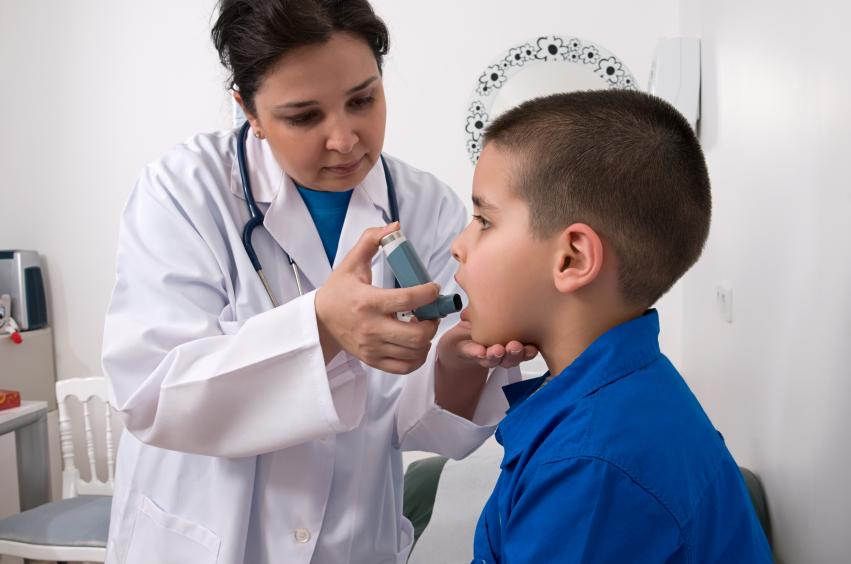
A survey of general practitioners (GPs) from nine low- and middle-income countries highlights challenges for appropriate antibiotic prescribing, researchers reported this week in PLOS Global Public Health.
The cross-sectional survey was sent to more than 14,000 GPs in Algeria, Egypt, India, Morocco, Pakistan, Saudia Arabia, Thailand, the United Arab Emirates, and Vietnam in October 2023. The primary objective was to assess the attitudes and practices of GPs regarding appropriate antibiotic prescribing, particularly in patients with respiratory tract infections, and their views on antimicrobial resistance (AMR). Of the 9,249 GPs who responded to the survey, 1,008 responses (78.8% male; 9o.8% aged 35 to 54 years; 60% from urban areas) were included in the final analysis after quality control.
Of the respondents, 62.1% agreed that AMR is a concern in their country of practice, and 62.8% said that prescribing antibiotics in primary care contributes to AMR. While 46.4% of GPs concurred that most upper respiratory tract infections (URTIs) are caused by viruses, 40.7% said that antibiotics are helpful in treating URTIs. Patients not completing the antibiotic course, improper prescription of antibiotics, and self-medication by patients were identified as the top-ranked factors contributing to AMR.
Most GPs agree on need for training on antibiotic therapy
Difficulty in correlating susceptibility data (53%), limited availability of information on antibiotics (52%), and lack of availability of appropriate antibiotics (51%) were cited as important challenges for appropriate antibiotic selection. About 94% of the participants agreed that there is a need for training programs on antibiotic therapy.
When asked if they referred to guidelines for appropriate antibiotic selection, 45% of GPs responded that they use guidelines "often," while 32% responded that they use guidelines "sometimes." Outdated guidelines, lack of easy-to-read reference materials, and lack of local guidelines were identified as the top factors limiting the use of guidelines.
"Considering the constantly evolving landscape of AMR and related guidelines, relevant training should be offered frequently, as identified by the survey participants," the study authors wrote. "The findings may also have implications for other healthcare providers, such as pharmacists, underlining the need to address practices such as self-medication."















